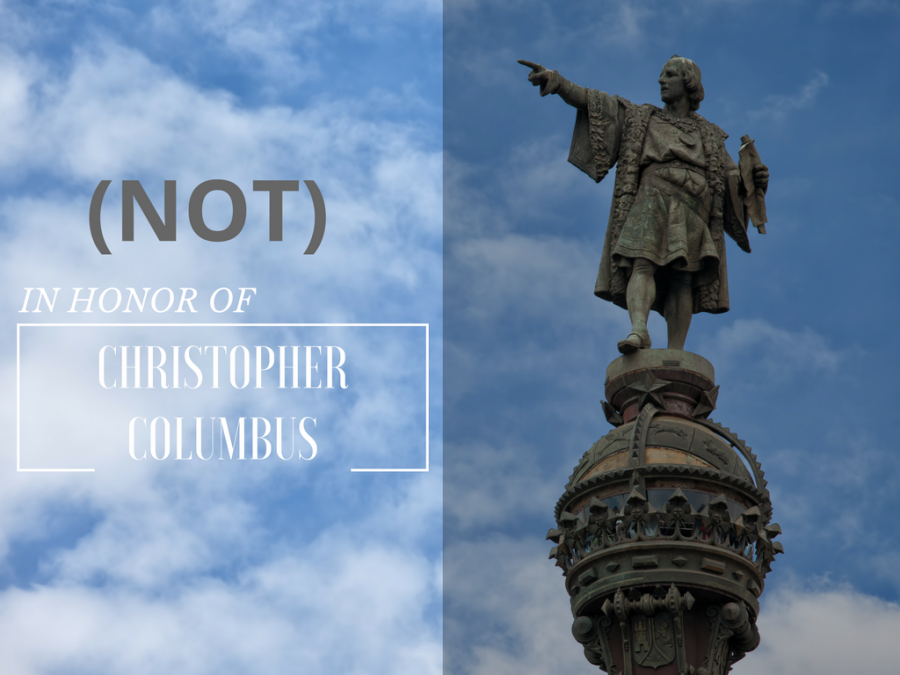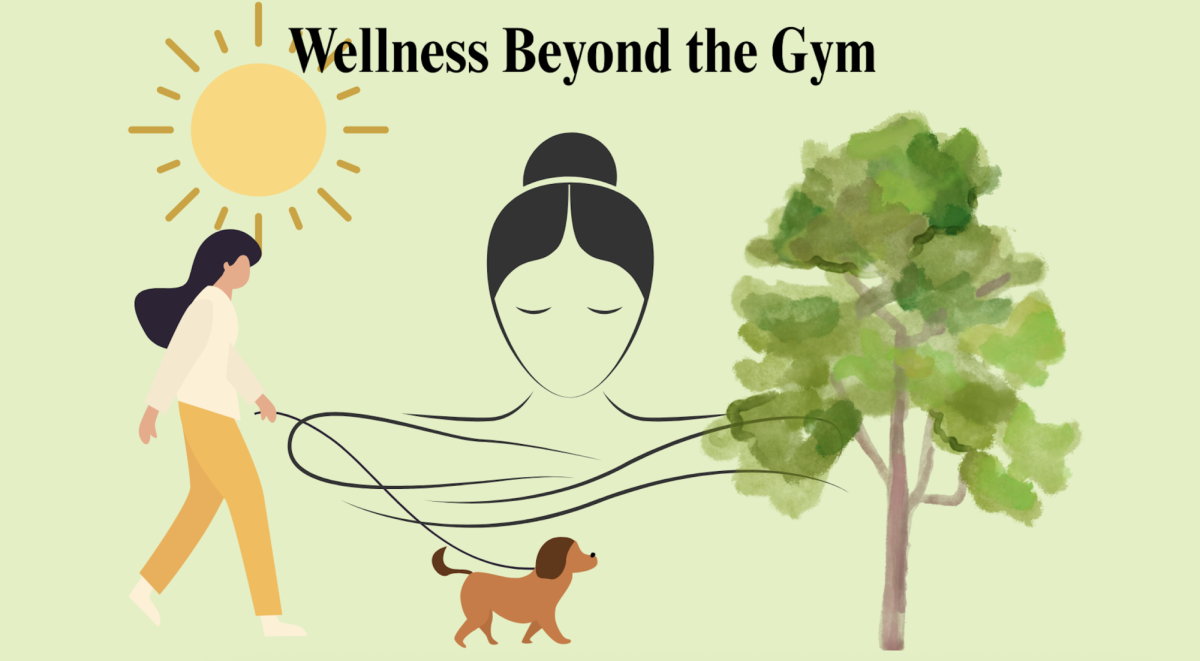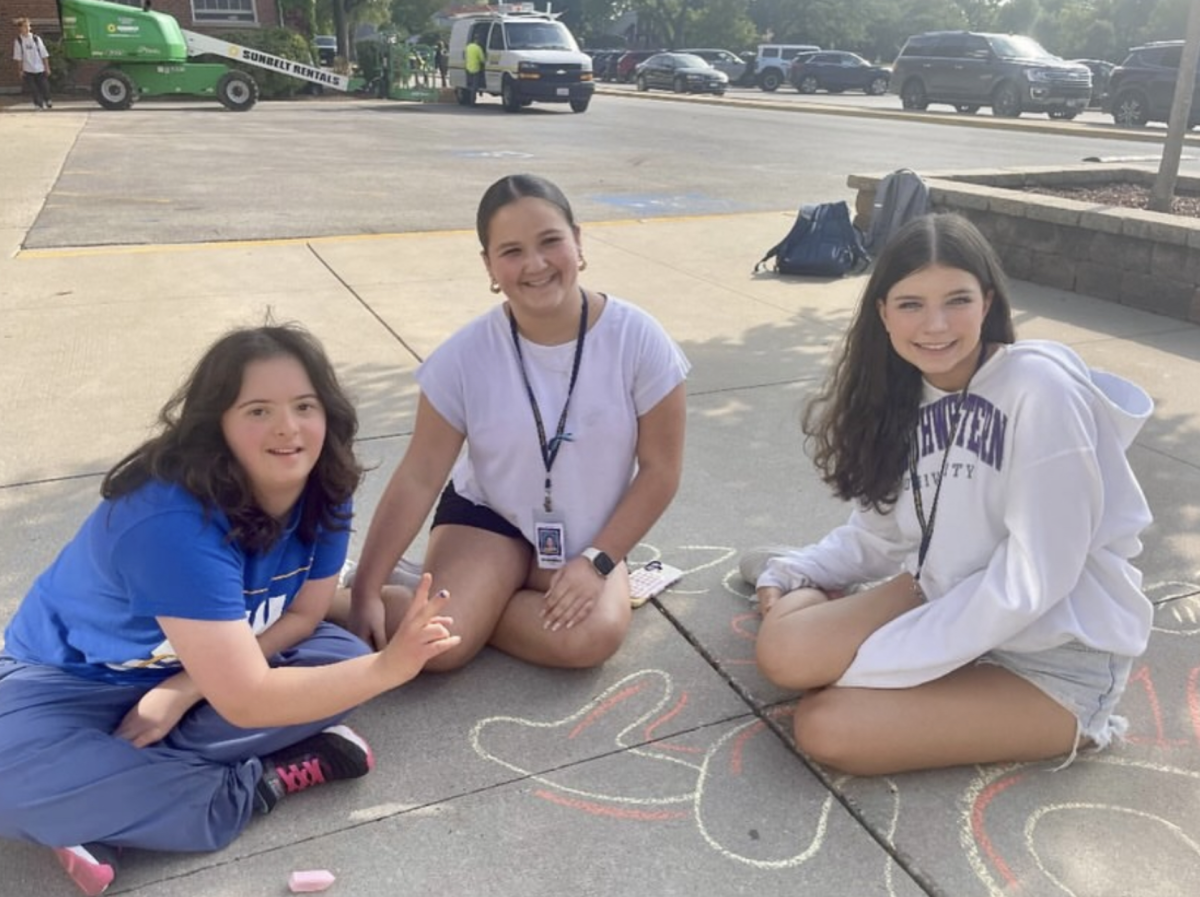October 10th was Columbus Day and Indigenous People’s Day.
We all know the chant: / In fourteen-hundred-ninety-two, Columbus sailed the ocean blue / The short, two-lined song ingrained in each and every one of our memories, a year that marked the beginning of world history–that is, actual world history, in which the many continents and civilizations of the globe became permanently intertwined through trade and warfare–as we know it.
Later on, we all learned the specifics not mentioned in the song in World Civ or Modern Euro or whatnot: Christopher Columbus, an Italian explorer sponsored by the Spanish monarchy, left to discover an Atlantic trade passage to India, but ran into a pretty sizeable roadblock: the whole North American continent.
To say it was an important discovery would be one of the biggest understatements in, well, all of history. His discovery of the enormous amount of land, crops, and gold meant that Spain would later send over many more ships to explore the lands later known as South, Central, and North America, and many other European powers followed suit, gaining unimaginable amounts of wealth and land by the end of it.
This story of courage and daring and discovery would be akin to a legend if the land discovered was empty–nothing but a stretch of forests and soil ready to be sowed. However, it wasn’t. There were hundreds of millions of native civilizations, stretching from the Incas in Peru to the Powhatan in Virginia.
The problem is, Columbus’ legend has been akin to a legend’s for centuries in American culture. As the European settlements grew into colonies, which later became countries, the idea of our roots being established by a brave explorer, noble at heart, has grown comfortable in our minds. We pride ourselves as the land of liberty and equality, and we like to believe that the man who started it all embodied those traits.
However, he didn’t. He enslaved the native people of the island he first landed on, he sparked the mass European migration to the Americas that brought over the disease that killed 90% of the native population; he never even believed that the land he discovered was a New World–instead, he thought it always to be the East Indies he originally intended for.
(On a side note, Columbus, archaeologists and historians have found, wasn’t even the first European to touch American soil–that title belongs to Leif Erikson, a Viking explorer who established a settlement on the eastern coast of Canada in Newfoundland, which he named Vinland. While he and his crew only stayed a winter, the legends of Erikson were passed down through Nordic history and Viking artifacts have been recently found in Canada.)
To laud a man who sparked the beginning of hundreds of millions of deaths, a man who ended total civilizations, as a courageous hero simply does not make sense. It is disrespectful to modern Native American communities to not only see him as a hero but to commemorate him in a holiday. To disregard the negative truths about Columbus would be disregarding the societies that lived in our land before the European settlers arrived, and to disregard their stories of loss and suffering as well.
So, October 10th was Columbus Day. But we must remember that October 10th was also Indigenous People’s Day–and we must honor and respect that even more.







